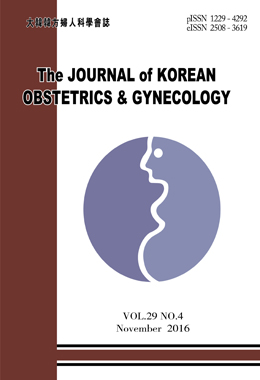Objectives: This study was conducted towards developing a screening tool for syndrome differentiation in the diagnosis of menopause in menopausal and perimenopausal women.
Methods: We conducted a literature review of studies on menopausal diagnosis based on syndrome differentiation, and examined well-founded differentiated syndromes and their respective clinical symptoms. Based on the findings, we created a questionnaire through consultations with Oriental medicine experts in physiology, pathology, and diagnostics. Finally, the research team conducted an expert Delphi study on differentiated syndromes and the associated clinical symptoms.
Results: Seven differentiated syndromes were selected, including Liver Depression (肝鬱), Kidney Yin Deficiency (腎陰虛), Kidney Yang Deficiency (腎陽虛), Liver and Kidney Yin Deficiency (肝腎陰虛), Kidney Yin and Yang Deficiency (腎陰陽兩虛), Heart-Kidney Noninteraction (心腎不交), and Dual Deficiency of Heart and Spleen (心脾兩虛); 4 disease locations, including liver (肝), heart (心), spleen (脾), and kidney (腎); and 3 disease natures, including Yin Deficiency (陰虛), Qi Stagnation (氣滯), and Blood Deficiency (血虛). In addition, we added 3 supplemental disease natures, including Yang Deficiency (陽虛), Qi Deficiency (氣虛), and Heat (火熱), in consideration of syndrome differentiation categories that may possibly be added in a follow-up clinical questionnaire.
Conclusions: This resulted in a total of 7 differentiated syndromes, 4 disease locations, and 6 disease natures. We translated the clinical symptoms of these 17 categories into Korean Hangeul. After consulting with 5 Oriental medicine experts and a psychology expert, we produced a questionnaire for use in diagnosing menopause based on syndrome differentiation. The calculation of scores for the syndrome differentiation screening tool will be confirmed through clinical research based on the results of a review of existing literature.




